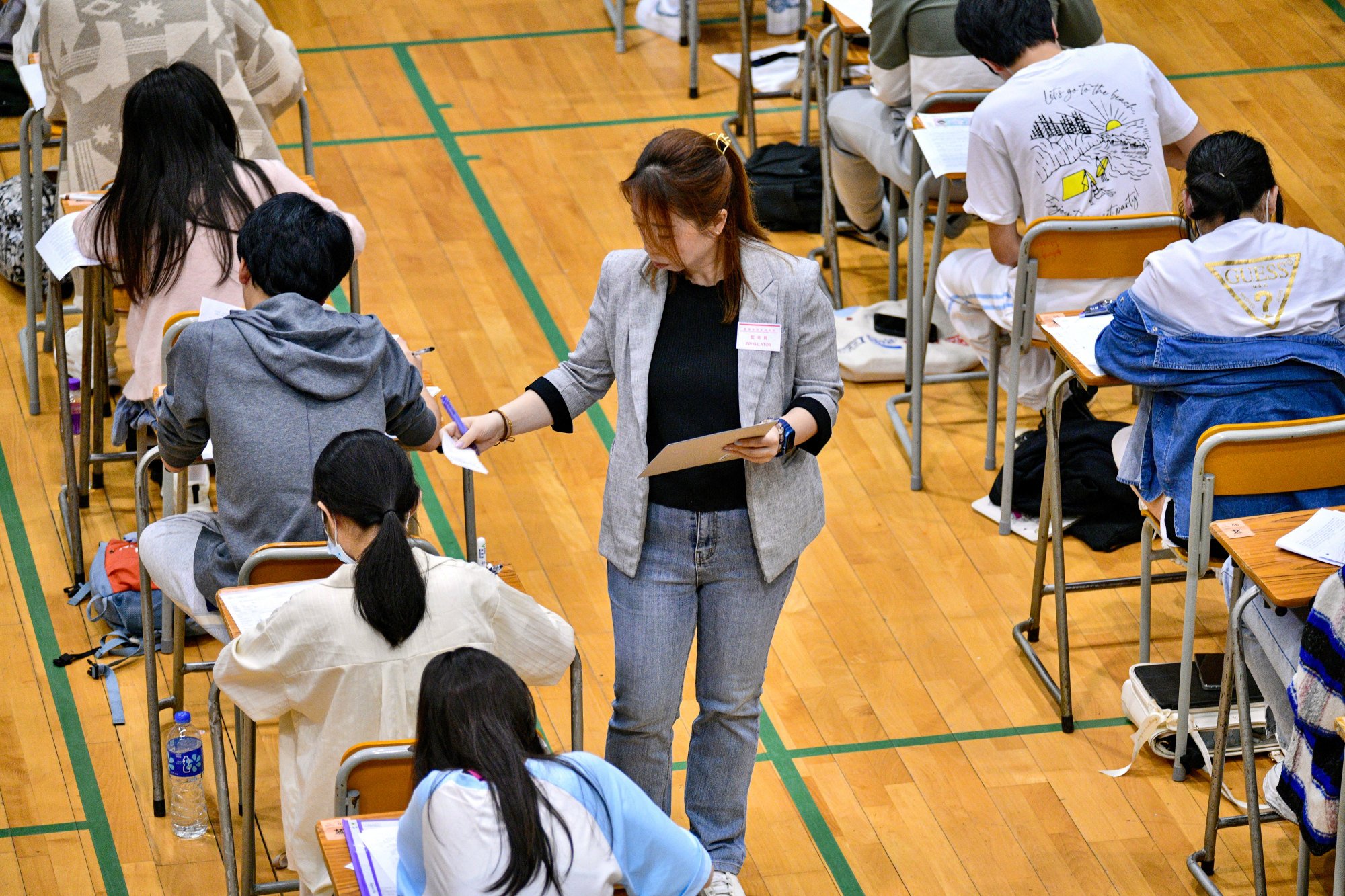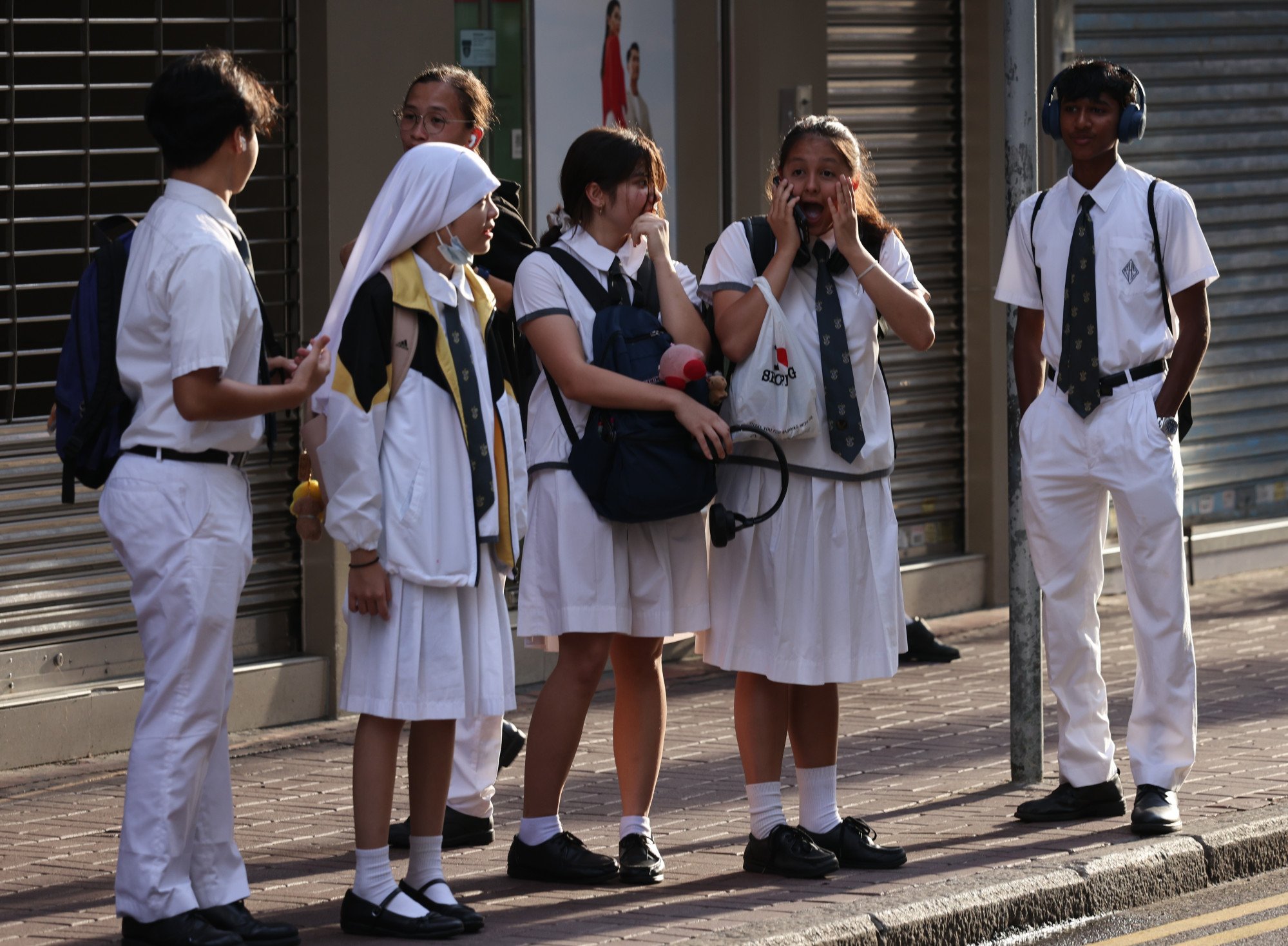However, this creates a compound inequity where affluent Chinese who can afford an IB education bypass the Chinese language requirement while NCS students who cannot afford the programme must take the DSE and be expected to demonstrate Chinese proficiency.
While NCS students have alternatives to meet Chinese language requirements such as the General Certificate of Secondary Education, it is a complex and cumbersome system with uneven policies among universities.

Among the international students in Hong Kong, some are from South Asia. Their numbers are likely to increase in the coming years. Notably, these international students are not required to demonstrate proficiency in the Chinese language.
In mainland China, as a multiethnic society, Chinese is mandatory for university entrance for all ethnic groups. This is important for nation-building. However, the mainland allows local and provincial variations of the gaokao. Moreover, university entrance requirements are adjusted for ethnic minorities in autonomous regions such as Tibet and Xinjiang.
Hong Kong has emulated some of the mainland’s policies, albeit the rigid parts instead of the more adaptive ones. Instead, Hong Kong may consider implementing affirmative admission policies for its economically disadvantaged ethnic minorities, subject to certain criteria and excluding those who can afford the IB programme or an education with the English Schools Foundation.
Eliminating the Chinese language requirement for university entrance, except for selected majors such as medicine and dentistry, is a crucial first step to forming a comprehensive strategy that supports NCS Hong Kong permanent residents.

With this approach, we must tackle systemic barriers throughout the education system, such as the de facto school segregation at the primary level. For NCS students, Chinese language education should be optional – serving as a gateway to greater success rather than a barrier.
The Chinese language requirements in Hong Kong’s university admissions operate under a tiered and inconsistent system – one for international students, another for affluent IB students and yet another for socio-economically disadvantaged NCS locals. Beneath the facade of flexible alternatives lie stringent requirements for marginalised groups. Dismantling the inequities in the polarised educational strata means implementing urgent reforms to ensure equal opportunities for all students.
This issue transcends social justice. From primary school to university admissions, NCS students face systemic disadvantages that hinder their potential. If these barriers were removed, we could see more NCS Hongkongers becoming doctors and lawyers, as well as taking up other kinds of professions.
Hong Kong has limited its own progress by not fully harnessing the capabilities of all its permanent residents. As we strive to attract international talent to our world-class universities, our foremost priority should be to ensure that all our youth, regardless of background, have the opportunity to thrive in Hong Kong.
Winston Mok, a private investor, was previously a private equity investor


